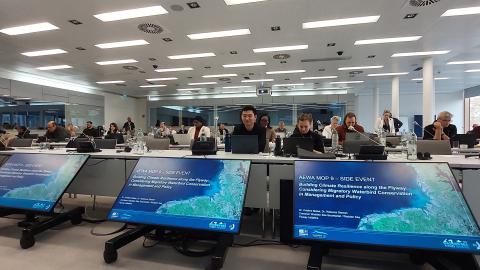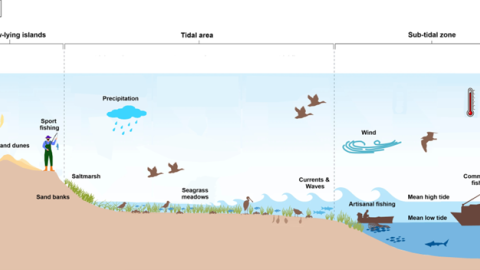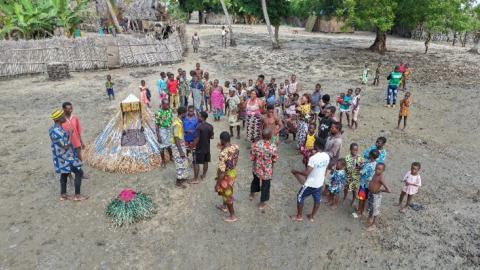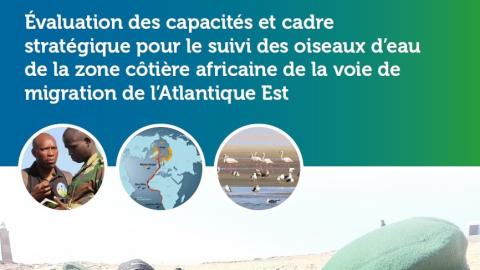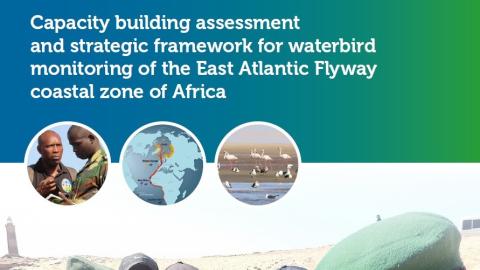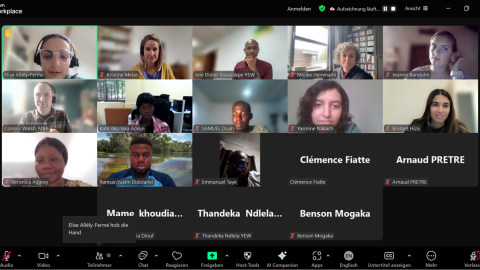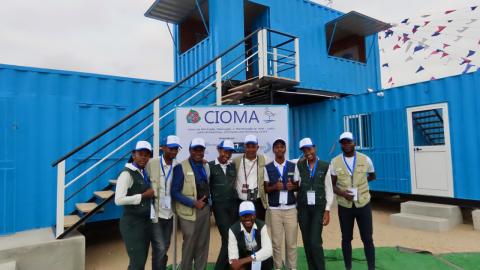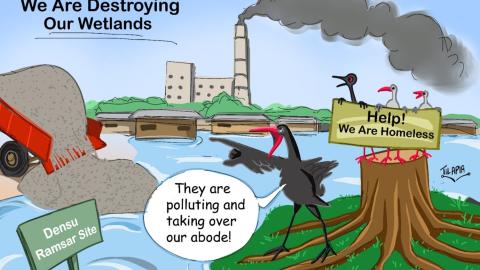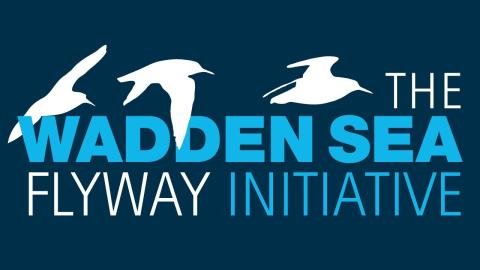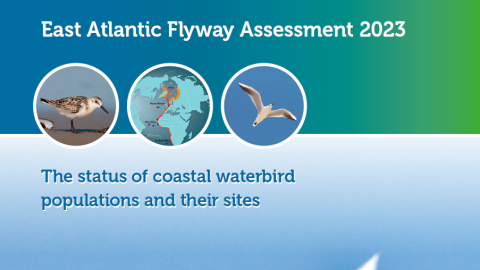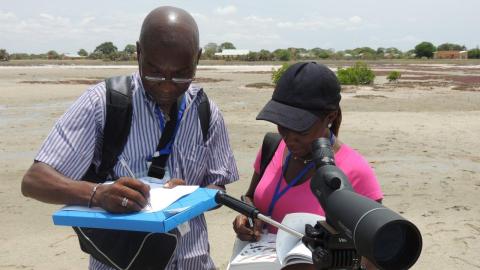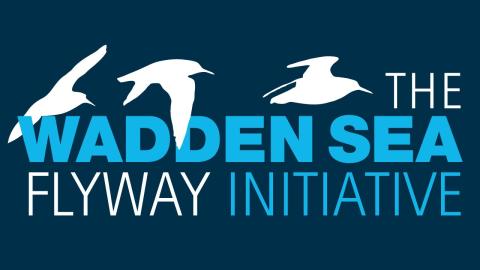Resources
New comic - Youssoupha and the Pelican without a Nest
Reflection paper on the Science-Policy interface
Methodological guidelines for climate impact modelling of tidal wetlands along the East Atlantic Flyway
Monitoring and conserving mixed breeding colonies of herons in Benin
Évaluation du renforcement des capacités et cadre stratégique pour le suivi des oiseaux d’eau de la zone côtière africaine de la voie de migration de l’Atlantique Est
Ce document présente une évaluation des efforts passés en matière de renforcement des capacités pour le suivi des oiseaux d’eau, analyse les capacités actuelles et propose des enseignements tirés ainsi qu’un cadre stratégique pour renforcer et maintenir, à l’avenir, les capacités de suivi des oiseaux d’eau le long de la partie africaine de la voie de migration Est-Atlantique.
Capacity building assessment and strategic framework for waterbird monitoring of the East Atlantic Flyway coastal zone of Africa
This document provides an assessment of past efforts in building capacity for waterbird monitoring, evaluates current capacity and proposes lessons learned and a strategic framework for building and maintaining capacity for waterbird monitoring into the future along the African part of the East Atlantic Flyway.
Outcomes of the 2025 East Atlantic Flyway Youth Forum
Opening of the Lobito Wetland Centre
Next activities towards the establishment of a Densu Delta Wetland Education Centre
Usage of drones in assessing bird numbers along the East Atlantic Flyway
East Atlantic Flyway Assessment 2023
Dix ans de soutien au renforcement des capacités le long de la voie de migration de l'Atlantique Est
Cette publication illustre les principales activités du programme de renforcement des capacités et de gestion de l'Initiative pour la voie de migration de la mer des Wadden entre 2013 et 2023. Elle vise à faire connaître le programme et sa portée, à mettre en évidence les réalisations et l'impact, et à promouvoir les possibilités de soutien et d'implication à l'avenir.



